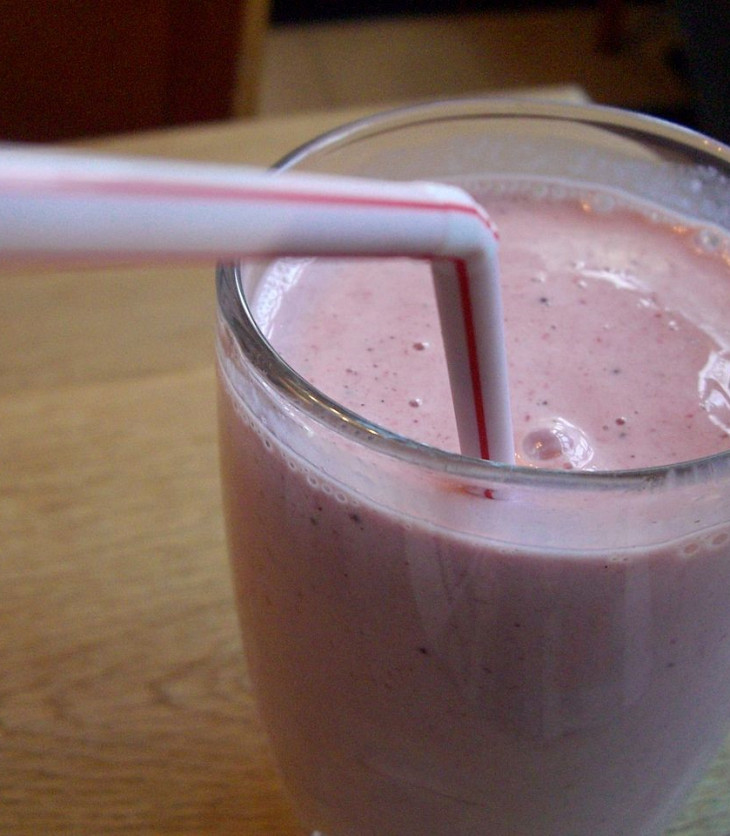
In an attempt to create less waste in the oceans, Ian Calderon introduced a bill in the California Assembly that would make it a crime for a server to bring a patron a straw without asking. A restaurant employee could face up to six months in prison and up to a $1000 fine if caught.
The Assemblyman claims that the law is not meant to criminalize straws and is meant to spread awareness of “the issue of one-time use plastic straws and its detrimental effects on our landfills, waterways, and oceans.”
Manhattan beach has already banned all plastic utensils and Davis, Calif. passed an ordinance requiring servers in dine-in restaurants to ask customers if they would like a straw.
Although critics have called Calderon’s proposal an extreme overreach of government, his law would not the be the first of its kind designed to deter straws in the food industry. Seattle recently passed a law banning single-use plastic straws and silverware. Restaurants must either forgo these products or offer their customers compostable or recyclable options.
A spokesperson for the Seattle Public Utilities explained “The bigger thing is getting people to stop and think ‘Do I really need this? I’m going use it for five to 10 minutes and then I’m going to throw it away and it’s going to go to a landfill.”
While the intentions of these politicians are noble, they are essentially forcing businesses to provide ales desirable product should their customers demand straw usage. The alternatives required by these states, the paper straw, has been criticized for becoming soggy and adding a pulpy taste to beverage they’re used in.
“The first sip, spectacular. A complex melding of madeira, fino sherry, and grappa. The second sip barely made it through the straw. By the third sip I was trying to suck the pricey cocktail through a wet noodle, the straw’s insides fraying, emanating the smell of soggy paper instead of a refreshing fruit salad of mixed berries and lemon peel,” described Aaron Goldfarb of esquire of his recent experience with a paper straw.
Paper straws are also more expensive than their plastic counterparts, with one company admitting that their product is about $0.01 more expensive and suggests that restaurants offset the costs by “only offering paper straws upon request,” because their product is better for the environment in the long run.
A motivating discussion is definitely worth comment. I think
that you ought to write more about this subject, it might not be a taboo subject
but usually people do not talk about these topics.
To the next! Many thanks!!
LikeLike